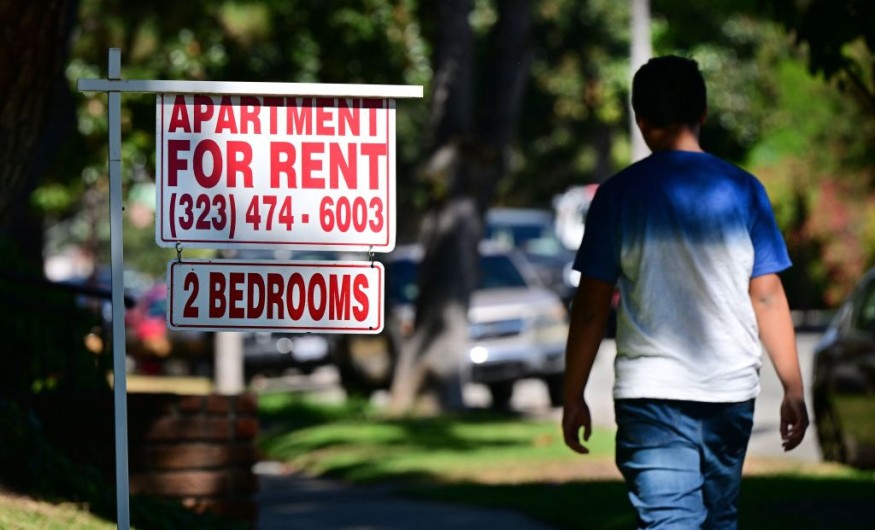
Rent prices in the United States rose by nearly 4% in 2023 while home values only grew under 2%. That is the first time the cost of rents outpaced home values in a decade.
That's one takeaway from the recently released US Census Bureau's 2023 American Community Survey. An analysis of rent prices found that the cost of renting a home rose 3.8% in 2023 to $1,406 from $1,354 in 2022.
In comparison, median home values only rose by 1.8%.
The data underscores the country's worsening housing affordability crisis. Buying and renting a home has increasingly become too expensive for many Americans, pricing out first-time buyers and median-wage earners from the housing market.
Who Were Affected by Increasing Rent Prices?
Nationwide, 21 million US households were considered "cost-burdened." This means they spend more than 30% of their household income on rent, mortgage payments, and other housing costs, according to the Department of Housing and Urban Development (HUD).
By race, at least 56.2% of Black or African American households spent more than 30% of their income on housing costs in 2023. Black or African American groups had the most number of cost-burdened households among other race groups, the survey noted.
For perspective, 53.2% of Hispanic households were cost-burdened. This fell to 51.7% among Native Hawaiian or Pacific Islander renters, 48.8% in American Indian or Alaska Natives, 46.7% in White renters, and 43.4% among Asian households.
The poll also found that 2.5 million (30.6%) Black households and 1.1 million (28.8%) of other races were "severely cost-burdened." This meant they spent more than 50% of their income on housing costs.
Why Rent Prices Are Soaring
The cost of housing spiked in previous years due to various reasons. Homeowners' insurance, for instance, became more unaffordable in areas at higher risk of natural disasters. In fact, the ACS survey found that 5.4 million of the 85.7 million homeowners in the US paid at least $4,000 in insurance last year.
That being said, renting remains more affordable than buying a starter home in 50 of the largest metro areas in the country as of July 2024, according to a Realtor analysis.




